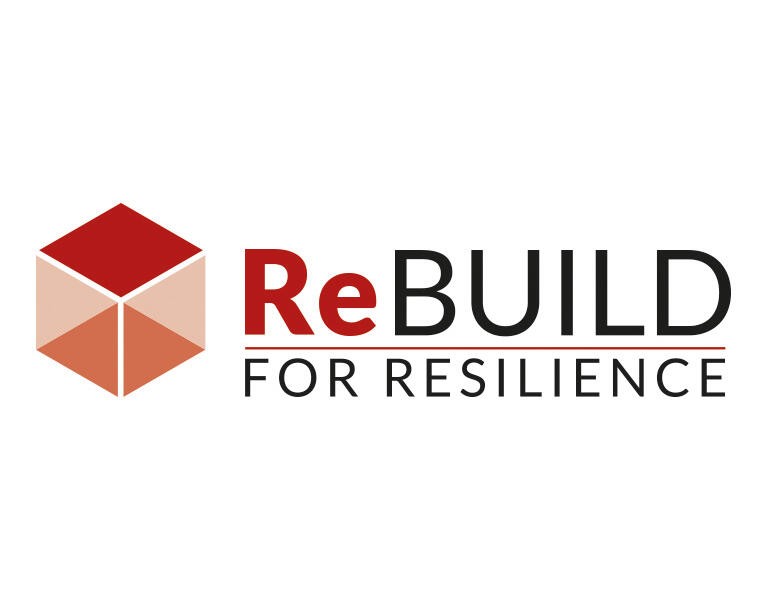
The grant will be used to investigate health systems in fragile contexts experiencing violence, conflict and other global health challenges. The aim of the funding is to produce high-quality, practical, multidisciplinary and scalable health system research which can be used to improve the health and lives of many millions of people.
For the next 6 years ReBUILD for Resilience will be jointly delivered with the Institute for Global Health and Development at Queen Margaret University, in Edinburgh, UK, alongside partners working in Lebanon, Myanmar, Nepal, Sierra Leone and the UK, and associate partners at Oxford Policy Management and International Rescue Committee.
LSTM’s Dr Joanna Raven said: “Two billion of the world’s poorest people live in fragile and conflict-affected settings and that figure is rising, fuelled by growing inequality, violence, conflicts and other shocks including the current COVID-19 outbreak. In these shock-prone contexts, and with growing threats from climate change, population displacement and epidemics, the progress towards universal health coverage is slow. This funding will help us to understand how we can develop stronger and more resilient health systems which deliver both local and global health.”
ReBUILD for Resilience builds on the work of the highly successful ReBUILD programme which was also funded by DFID. Over an eight-year period, ReBUILD established itself as the leading expertise in health systems research in fragile and conflict-affected settings. However, the challenges faced by communities in fragile settings continue to grow, in particular the current COVID-19 pandemic has meant that there is a need for research which focuses on a wider range of shocks and stressors and in a wider range of settings.
Professor Sophie Witter of QMU, who also led on ReBUILD, continued: “The current COVID-19 pandemic demonstrates the fragility of the global health system and the need for evidence-based action to address the growing risk of shocks of various kinds. ReBUILD was the first DFID research consortium to specifically address the effects of conflict on health systems. In ReBUILD for Resilience, we will build on that base but extend our work to a wider range of shocks – including disasters, epidemics and complex emergencies – and also work with partners in new regions, such as the Middle East, which are highly shock-prone. Our work will aim to help districts, countries and the global health system to better prepare and respond in future.”
The ReBUILD for Resilience partners are:
- Liverpool School of Tropical Medicine, UK
- Institute for Global Health and Development at Queen Margaret University, UK
- American University of Beirut, Lebanon
- College of Medicine and Allied Health Sciences, Sierra Leone
- Burnet Institute Myanmar, in collaboration with the Department of Medical Research
- HERD International, Nepal
They will be supported by research associates International Rescue Committee and Oxford Policy Management.